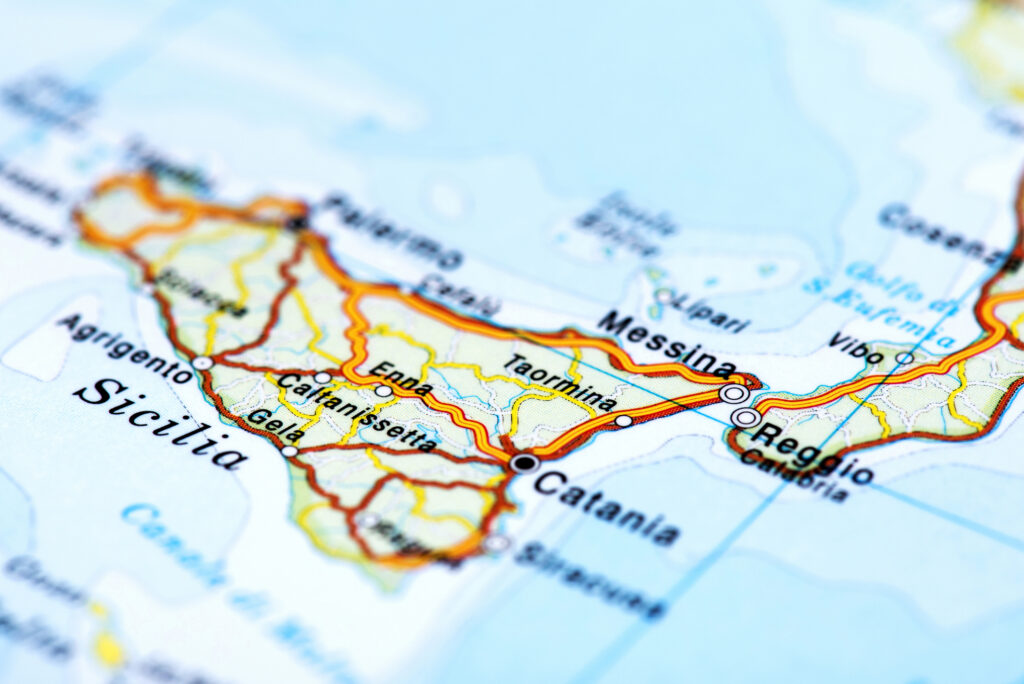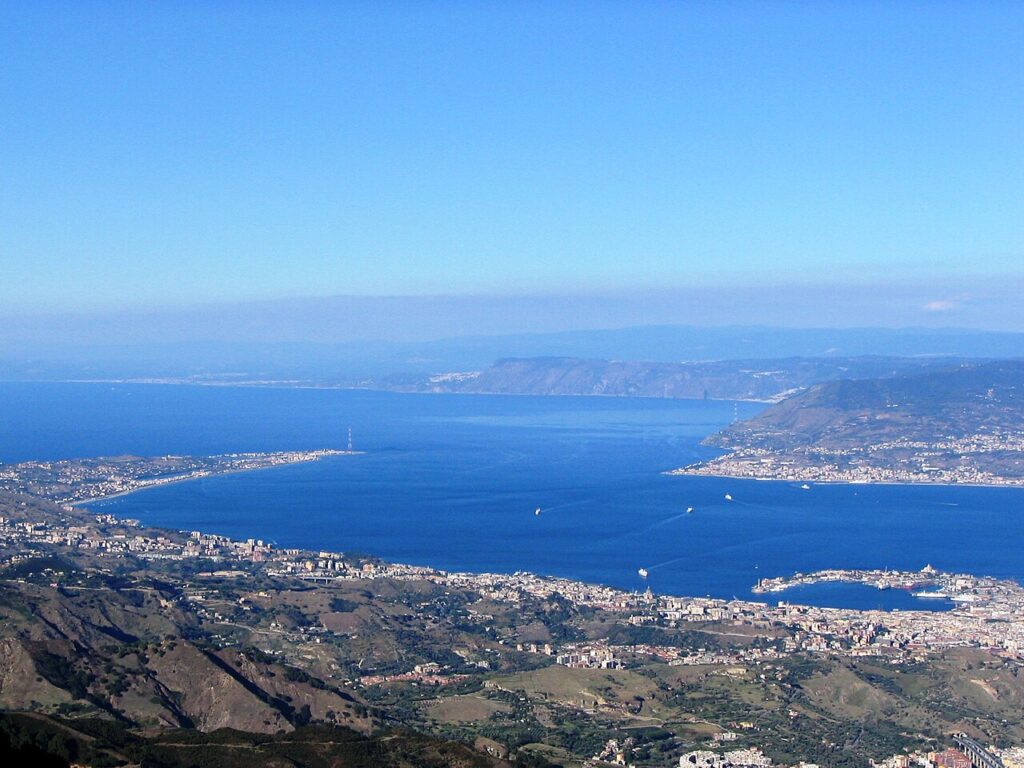Giorgia Meloni’s Bridge-Building Promises an Infrastructure Boon to Italy — and a Diplomatic Breakthrough for the West on Ukraine
The Italian premier is emerging as the 21st century’s most consequential European leader.

Transformational leadership is no accident of nature. Rather, it is a vision predicated on strong convictions. In realigning Italy’s conservative movement and restoring Rome’s primacy on the world stage, Prime Minister Giorgia Meloni is emerging as the 21st century’s most consequential European leader.
Like Ronald Reagan, she believes that her country’s best days are yet to come. Unlike the hidebound statist left, though, Signora Meloni maintains that free markets and national greatness are not mutually exclusive. Moreover, Signora Meloni recognizes that the welfare state hobbles growth and retards innovation.
In a recent Wall Street Journal article bemoaning Europe’s dearth of economic dynamism, she said that “America innovates, China imitates, Europe regulates.” Such an acknowledgement motivates Signora Meloni. She doesn’t merely emulate; she initiates the grand and the good.
The Ponte sullo Stretto is a case in point. Under the guidance of Signora Meloni’s deputy prime minister, Matteo Salvini, the Strait of Messina bridge project has harnessed the private-sector expertise of the WeBuild Group — an Italian global leader in the design and construction of mammoth infrastructure — to erect what America’s ambassador to Italy, Tilman Fertitta, calls “the greatest bridge ever built in the world, much bigger and better than the Golden Gate Bridge.”

The Ponte will link the Italian mainland in Calabria with Sicily — creating a direct road and railway connection for vehicles and high-speed trains — and jumpstart the Mezzogiorno’s economy. Still, the press cannot resist spewing its ritual negativity. Even the London Financial Times chimed in with sour notes.
According to a recent dispatch by Amy Kazmin, la Sicilia’s 4.7 million denizens, “surrounded by shoddy, unfinished infrastructure works linked to organized crime,” as she puts it, “remain skeptical of the bridge and its promised benefits, convinced the funds should be spent to improve Sicily’s notoriously poor road and rail network instead.”
Nevertheless, even the FT’s Ms. Kazmin admits that the Ponte is a multifaceted bridge, which acts as a “defense asset that could be counted towards” the North Atlantic Treaty’s “new spending target of 5 per cent of GDP, which includes investments in infrastructure.” As for organized crime, Mr. Salvini’s claim that the project is impervious to such infiltration is quite credible.
In 2023, Italy’s most-wanted Mafia boss, Matteo Messina Denaro, was captured. This year’s major crackdown on the Cosa Nostra at Palermo dealt a punishing blow to the criminal network.

Additionally, an investigation in August led to the arrest of 13 members of a major Communist Chinese underworld network.
Signora Meloni’s transformational alchemy isn’t limited to infrastructure, however. Il Sole 24 Ore has reported that “for the first time since 2001, the average level of economic well-being in Italy has exceeded that of the UK, marking a significant moment for both countries.”
Specifically, according to World Bank estimates, “gross domestic product per capita — adjusted for the cost of living — reached $60, 847 in Italy, exceeding the UK’s $60,620.” On the global stage, Signora Meloni’s vision for a just, prosperous, and peaceful world is winning converts all across the political spectrum.
Unlike some European leaders who rely on illusions of grandeur — read France’s Emmanuel Macron — to govern, Italy’s premier proffers solutions. The former employs pomposity as policy; the latter grapples with the nitty-gritty issues of the day to forge new facts on the ground.
Although largely ignored by the American commentariat, Signora Meloni’s Article 5 proposal at the recent White House summit may well prove to be the key to ending the Russo-Ukrainian war. According to the Kyiv Independent, Signora Meloni “is backing a plan that is similar to NATO’s Article 5 collective defense clause,” which would “not include Ukraine’s membership in NATO.”
While she opposes stationing Italian troops in Ukraine, Signora Meloni has “proposed a postwar security guarantee that would require Ukraine’s allies to decide within 24 hours of a renewed Russian attack whether or not to commit troops.” As a result of Signora Meloni’s statesmanship at the Washington summit, the headline in Le Monde declared: “Better than Macron.”
The prestigious Parisian daily then went on to laud the Magic Boot in another context: “Italy is at present as credible, if not more so, than France in matters of public finance.” Yet another annus mirabilis on Signora Meloni’s transformational watch.

